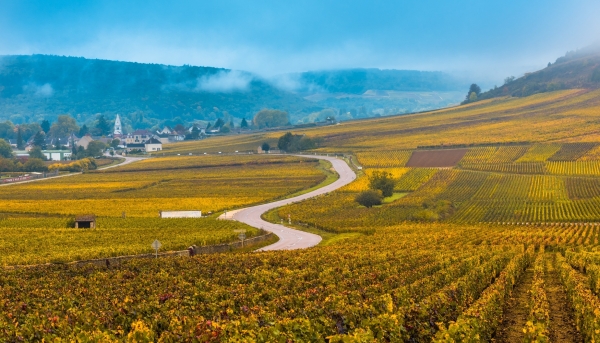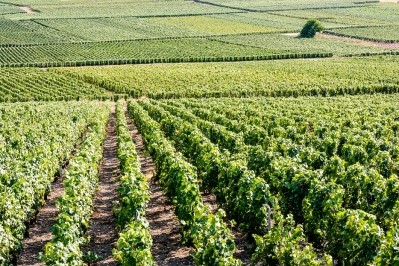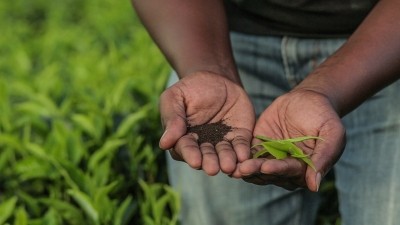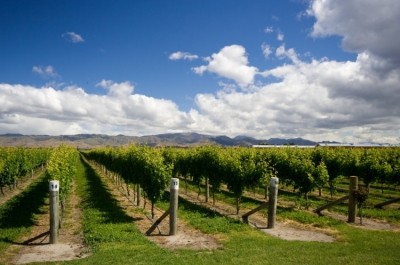French wine grape records show accelerated warming over the past 30 years
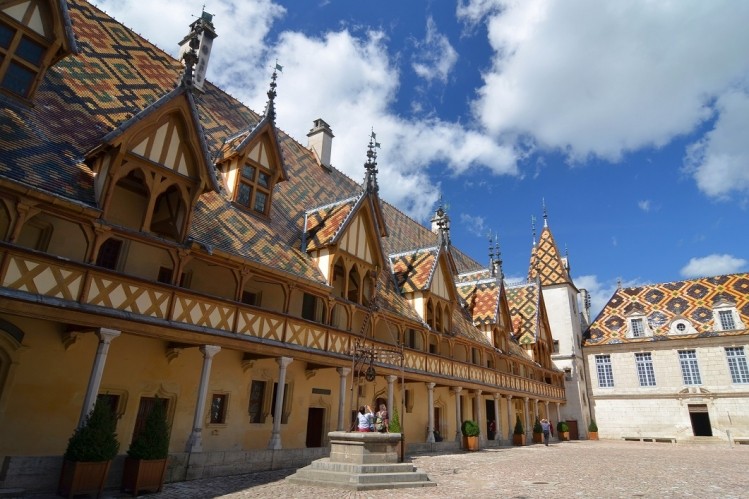
Researchers have reconstructed the dates of grape harvests in Beaune – the wine capital of Burgundy – going back to 1354. Using city council records, newspaper reports and wage payments made to grape pickers, the researchers have created the longest ever continuous record of grape harvests dates.
The records show that, until 1987, wine grapes were typically picked from 28 September onwards. However, since 1988, harvests have begun 13 days earlier on average. “Our analysis of the series shows very hot and dry years were uncommon in the past, but have become the norm in the last 30 years,” say researchers.
Compiling grape harvest dates
Grape harvest dates can be used as a proxy to study the climate because wine grapes are very sensitive to temperature and rainfall. If the spring and summer – the grapes’ growing season – is hot and dry, the grapes will be ready for harvest earlier.
The opening day of the grape harvest has always been an important event in the Burgundy region, and since the Middle Ages this has been set by a collective decision.
The longest series to date has been the grape harvest date series for the nearby town of Dijon, covering 1385-1905. However, this data comes with two problems: firstly it used data from 19th century publications whose reliability has now been called into question; and secondly vineyards started disappearing from the 19th century because of urbanisation, meaning data was taken from different regions as a substitute.
In contrast, Beaune remains surrounded by vineyards, and the territory of the city has been dominated by grape cultivation since the Middle Ages.
Researchers for the Beaune study, meanwhile, focused on archival sources for their data. Daily wage payments made to day labourers for picking grapes are available from 1354 to 1506, for example, while the books of deliberations of the Notre-Dame Church chapter of Beaune shows the date of the last meeting before the vacation of the chapter that had to organise the harvest.
Data from 1700-1965 was taken from city council documents, where the harvest date was agreed between vine growers and the local town administration. For the most recent harvests, newspaper reports were used.
Researchers then used temperature records from Paris from 1659-2018, alongside tree-ring proxy data from 1354-1658, to correlate their data.
"The transition to a rapid global warming period after 1988 stands out very clearly. The exceptional character of the last 30 years becomes apparent to everybody," said Christian Pfister, a professor at the Oeschger Centre for Climate Change Research at the University of Bern in Switzerland and one of the authors of the study.
"We hope people start to realistically consider the climate situation in which the planet is at present," he concludes.
Source: Thomas Labbé, Christian Pfister, Stefan Brönnimann, Daniel Rousseau, Jörg Franke, Benjamin Bois. 'The longest homogeneous series of grape harvest dates, Beaune 1354–2018, and its significance for the understanding of past and present climate'. Climate of the Past, 2019; 15 (4): 1485 DOI: 10.5194/cp-15-1485-2019
